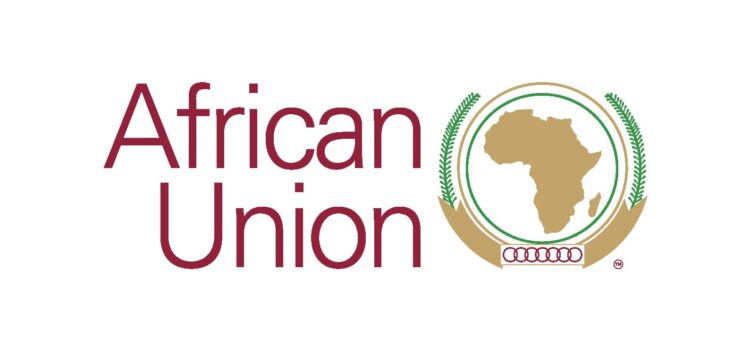The African Union (AU) has suspended Madagascar from all its activities, hours after the leader of a military coup declared plans to be sworn in as the country’s new president.
AU Commission Chairperson Mahamoud Ali Youssouf announced the suspension in a statement on Wednesday, saying it took immediate effect. ‘The rule of law must prevail over the rule of force,’ Youssouf said, condemning the military’s seizure of power in the Indian Ocean island nation.
The move follows a dramatic escalation in political turmoil that saw President Andry Rajoelina flee the country after weeks of nationwide ‘Gen-Z’ protests against power and water shortages, unemployment, and economic mismanagement. The protests were later joined by elements of the military, sparking fears of an imminent coup.
Rajoelina, speaking from an undisclosed location, had attempted to dissolve the National Assembly by decree after dismissing his entire cabinet in a last-ditch effort to reassert control. Lawmakers rejected the decree and voted on Tuesday to impeach him instead.
Hours later, Colonel Michael Randrianirina, commander of the elite CAPSAT unit, appeared on national television to announce that the military had taken control of the government. He said state institutions had been dissolved and a transitional administration would soon be installed.
On Wednesday morning, Randrianirina told journalists that he would soon be sworn in as interim president after the High Constitutional Court invited him to assume the role.
In a parallel development, the Southern African Development Community (SADC) announced the formation of a mediation panel to de-escalate tensions and restore civilian rule.
Malawian President Peter Mutharika, who chairs SADC’s Organ on Politics, Defence and Security Cooperation, said the bloc had selected a panel of elders led by former Malawian President Joyce Banda to engage with all sides in Madagascar.
‘No further Malagasy lives should be lost due to the unrest,’ Mutharika said in a statement, urging restraint and dialogue among political and military actors.
The SADC mission is expected to begin consultations immediately, as regional and international actors warn that the crisis could destabilise an already fragile region.
















